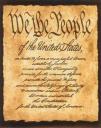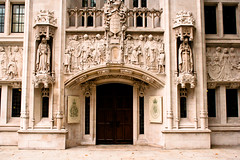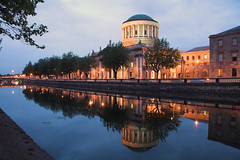What is the Preamble to a Constitution for?
 I posed the question in title in an earlier post on this blog. In an article published in the current issue of the International Journal of Constitutional Law, Liav Orgad provides one possible answer. Here is the abstract:
I posed the question in title in an earlier post on this blog. In an article published in the current issue of the International Journal of Constitutional Law, Liav Orgad provides one possible answer. Here is the abstract:
Liav Orgad “The preamble in constitutional interpretation” (2011) 8 (4) I•CON 714-738
From Plato’s Laws through common law and until modern legal systems, preambles to constitutions have played an important role in law and policy making. Through a qualitative analysis of the legal status of preambles in different common law and civil law countries, the article highlights a recent trend in comparative constitutional law: the growing use of preambles in constitutional adjudication and constitutional design. The article also explores the theory of preambles and their functions. It examines the legal status of the U.S. preamble and shows how the U.S. preamble remains the most neglected section in American constitutional theory. The article then presents a typology for determining the legal status of preambles: a symbolic preamble, an interpretive preamble, and a substantive preamble. While focusing on Macedonia, Israel, Australia, and the Treaty of Lisbon, the article discusses the sociological function of preambles in top-down and bottom-up constitutional designs.
An earlier version is available on SSRN.…





